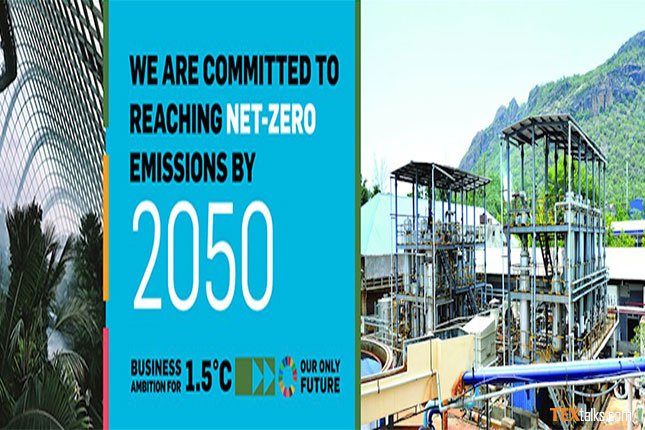Coats has also committed to a long-term target to reach net-zero emissions by 2050, the highest level of ambition on climate under the Science-Based Target initiative (SBTi). Coats, the leading industrial thread company, has committed to set science-based emissions reduction targets across the entire value chain, consistent with keeping global warming to 1.5°C above pre-industrial levels, the company reports.
Coats joins a growing group of leading companies paving the way to a net-zero future under the Business Ambition for 1.5°C calls to action. Science-based targets provide companies with a clearly defined pathway to reduce their greenhouse gas emissions, thus preventing the worst expected impacts of climate change while future-proofing business growth. SBTi defines and promotes best practice in science-based target setting and independently assesses and approves companies’ targets. It collaborates between CDP, the United Nations Global Compact, World Resources Institute (WRI), and the World Wide Fund for Nature (WWF).
Coats joining the SBTi follows on from it joining the Ellen MacArthur Foundation in January 2021. It is also a constituent of the FTSE4Good Index Series and a participant in the UN Global Compact. Coats says it is fully committed to the UN Global Compact Principles on Human Rights, Labour, the Environment and Anti-Corruption, and continues to implement these Principles in operations and across its supply chain. It also identified the most relevant UN Sustainable Development Goals (SDGs) to its business operations. It will continue to ensure that its activities are contributing towards the achievement of its sustainability goals.
Sanda Ojiambo, the CEO and Executive Director of the UN Global Compact, one of the SBTi partners, said: “The climate emergency has led CEOs to act urgently and decisively to set science-based emissions reduction targets for their companies in line with a 1.5°C pathway. The movement to transition to a net-zero economy by 2050 is also growing rapidly, and we call on all business leaders to adopt concrete plans to realize this goal.”



